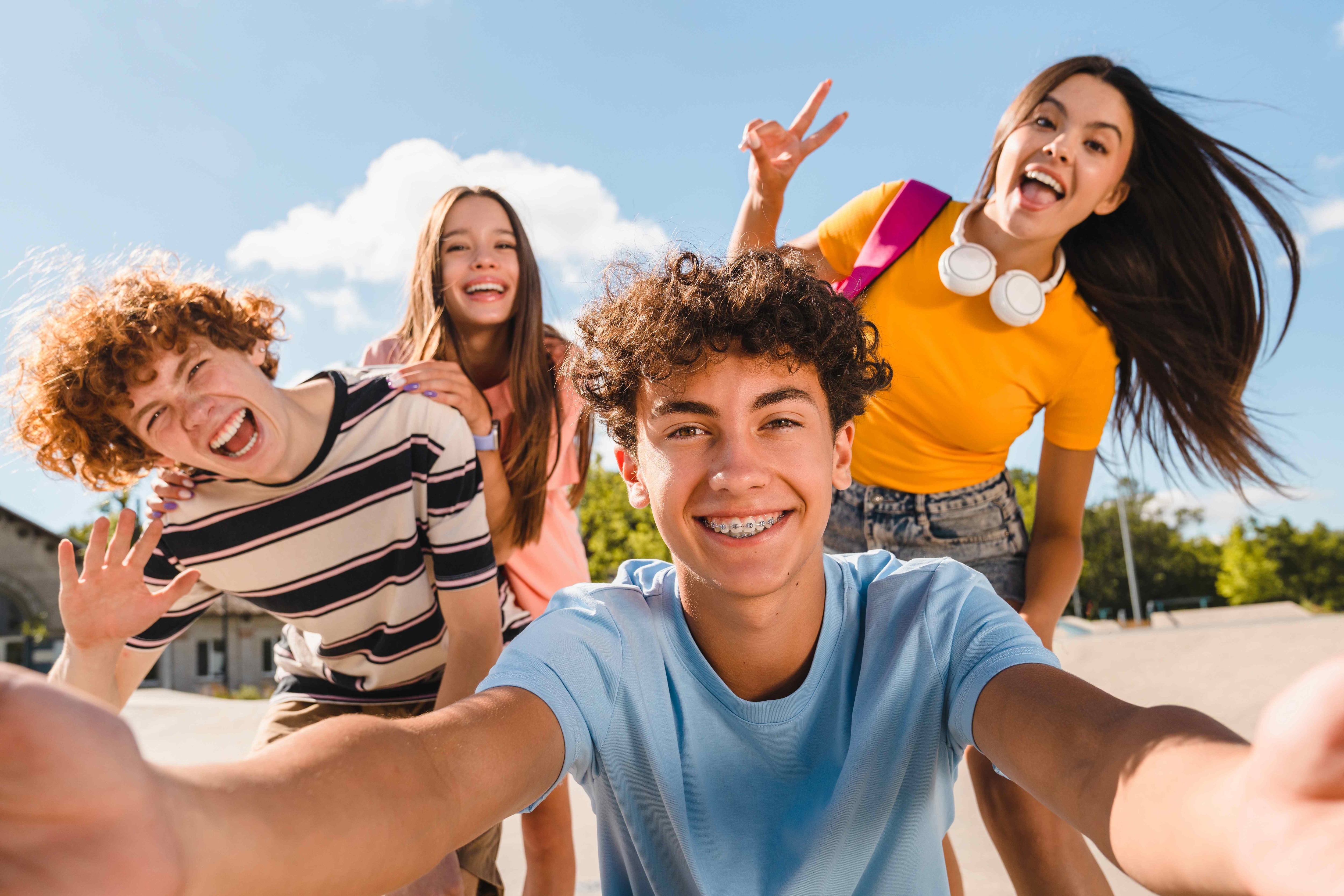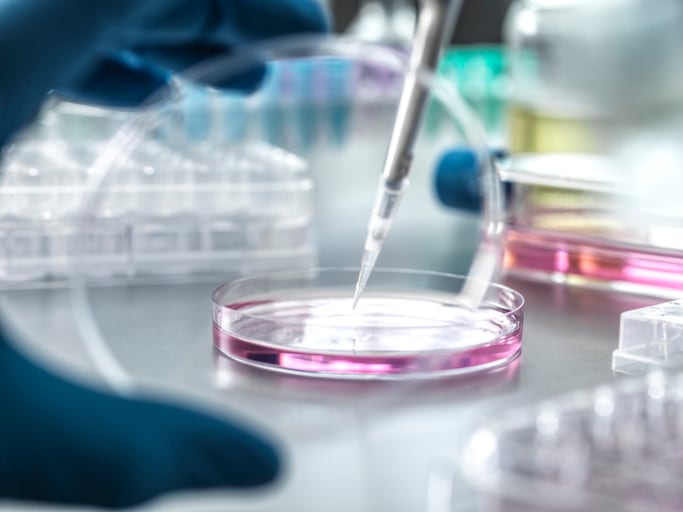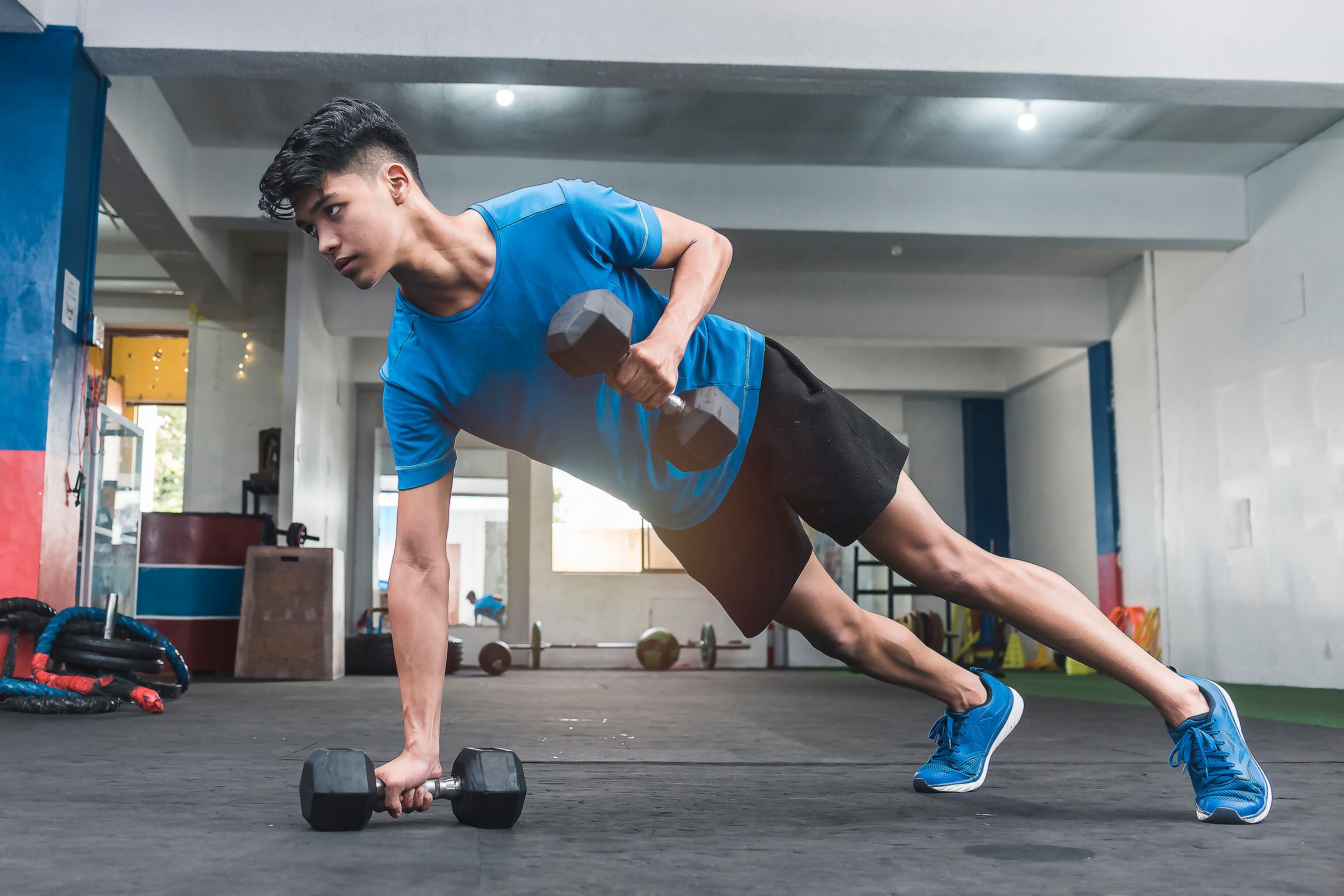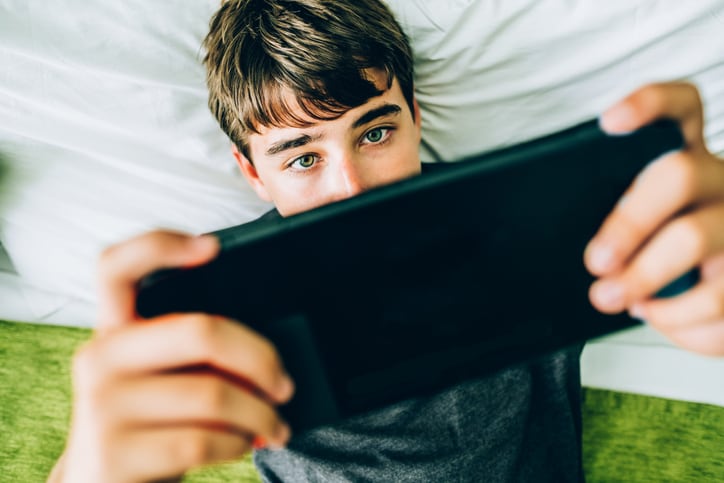The SuanNutra-owned company recently announced the results from a study that showed its RelaxPLX, a natural lemon verbena extract, could help support relaxation and sleep quality in teenagers experiencing occasional stress and restlessness.
According to Tomás Muñoz, APAC Business Development Director at Monteloeder, there is mounting evidence that sleep deprivation among adolescents in Asia is not only widespread but also culturally entrenched.
“In China, for example, more than 60% of teenagers report insufficient sleep, driven largely by academic stress and excessive screen time. Singapore tells a similar story — research from Duke-NUS Medical School indicated that teenagers sleep about 6.5 hours on school nights, often due to late-night device use and early school start times.
“In Japan and South Korea, there is even a term for it: ‘sleep deprivation culture’. The pressure to perform academically, combined with after-school tutoring and digital distractions, creates a perfect storm for chronic sleep debt.
“These are not isolated cases. They reflect a regional trend. That’s precisely why we designed our clinical programme for RelaxPLX to focus on adolescents. Because we are not just dealing with poor sleep. We’re addressing the long-term implications on stress regulation, emotional resilience, and quality of life,” Muñoz told NutraIngredients-Asia.
He added that the data confirm what schools, parents, and even teenagers themselves have been saying — the need for better tools to manage sleep and stress.
At the same time, there are “important differences” between Asian and Western adolescents when it comes to sleep challenges, especially in terms of lifestyle and cultural expectations.
“In many parts of Asia, academic pressure plays a much bigger role. Long school days, evening tutoring, and the stress from competitive exams often lead to very short sleep windows. In countries like Japan, South Korea and China, it’s common for teenagers to sleep less than six hours on school nights.”
In comparison, the lack of sleep among teenagers in western countries is more related to screen time, social media, or inconsistent schedules.
“We also understand that in many Asian cultures, there’s a deep sense of discipline and personal effort. Sleep is often sacrificed to meet academic or family expectations.
“We fully respect that reality, and this is exactly why RelaxPLX was developed to support sleep and emotional well-being in a way that fits into busy, high-pressure routines. No drastic changes needed. Our goal is to offer a natural, clinically validated ingredient that supports adolescents in improving both sleep quality and emotional balance.”
With an increasing number of parents actively looking for natural solutions to help their adolescent children manage daily stress, improve sleep, and support emotional well-being, Monteloeder believes that the teenage well-being category is “just getting started”.
“There’s a growing awareness that emotional well-being is just as important as physical health, especially during adolescence, which is such a critical stage of development. We’re seeing a clear shift in how society approaches teenage well-being. The opportunities ahead are significant, and RelaxPLX is ready to be part of that future.”
Multifaceted validation
RelaxPLX is a purified extract of lemon verbena (Lippia citriodora), an aromatic herb traditionally used for relaxation and digestive aid.
The ingredient is standardised to verbascosides, which are polyphenolic compounds known for multiple biological activities, including the ability to interact with the benzodiazepine binding site in the GABA-A receptors of neurons, which may help promote a calming effect.
In the randomised, double-blind, placebo-controlled clinical trial that was published, 44 healthy adolescents aged between 12 and 16 who reported occasional sleep and stress-related challenges were enrolled.
The participants were administered either a 400mg dose of RelaxPLX or a placebo one hour before bedtime for 12 weeks.
Scores from the Enhanced Adolescent Sleep Wake Scale (ASWS) questionnaire were observed across five sleep behaviour parameters — going to bed, falling asleep, maintaining sleep, reinitiating sleep after waking, and returning to wakefulness in the morning.
It was found that the RelaxPLX group experienced meaningful improvements in perceived stress levels. After the first month of supplementation, this group showed progressive changes in key stress indicators, such as “feeling rushed, nervous, or worried”.
This group also exhibited a 21% drop in salivary cortisol levels, a well-established biomarker for stress, while that of the placebo group increased by 9%.
Notably, the changes appeared more quickly and were stronger among female participants.
In addition, a blind clinical validation by an independent psychologist rated 86% of participants in the RelaxPLX group as improved, compared to 19% in the placebo group.
In a 10-question evaluation at the end of the study, parents awarded high scores in the areas of sleep and emotional well-being for their adolescent children.
Besides measurable outcomes and professional observations, the positive parental feedback provided a “triple validation” backing the benefits of RelaxPLX, which Muñoz said helps build “real trust” with brands and manufacturers.
Expanding reach in Asia
As teenagers are often more resistant to traditional supplement formats like capsules or tablets, Monteloeder has prioritised versatility in how RelaxPLX can be applied.
“The ingredient is highly adaptable and works well in a variety of delivery systems that are more appealing to this demographic. We see strong potential in formats such as gummies, ready-to-drink shots, or even functional shakes, especially those taken as part of an evening or post-dinner routine.
“These formats align better with teenagers’ habits and preferences, making compliance more intuitive and enjoyable. We’ve also validated RelaxPLX at a dose that fits comfortably within these formats without compromising efficacy, which is a key advantage when developing lifestyle-friendly products for younger consumers.
“Ultimately, we believe that combining scientific credibility with delivery formats that feel accessible is the best way to support adolescent well-being at scale,” Muñoz explained.
Currently, RelaxPLX is being used in various markets around the world, including the US, several European countries, and parts of Asia.
Additionally, Muñoz shared that the company recently obtained an approved claim in Japan.
“It is a significant milestone for us. Japan is a highly regulated market with rigorous scientific and regulatory standards, so this recognition reinforces the strength of our clinical evidence.
“This kind of progress fuels our confidence in the ingredient and motivates us to continue expanding its reach across other Asian markets. We’re excited about the growing interest and are actively working with partners to bring RelaxPLX to more consumers in the region through innovative, lifestyle-driven applications.”





